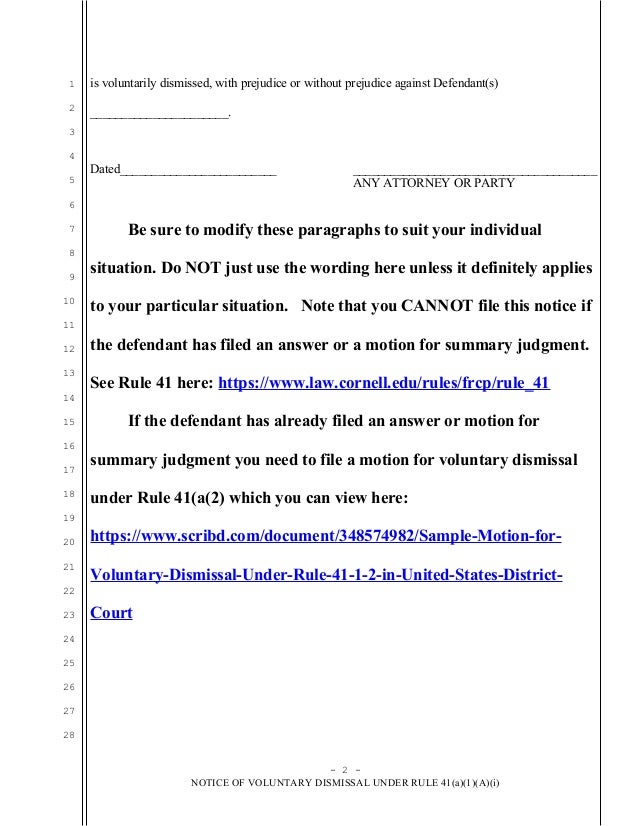

719 (1968), the Court recognized a common law exception to the Confrontation Clause's requirement when a witness was unavailable and, during previous judicial proceedings, had testified against the same defendant and was subject to cross-examination by that defendant. The admission of hearsay evidence sometimes results in depriving defendants of their right to confront opposing witnesses, as the Supreme Court observed in Delaney v. 836 (1990)below, there may still be exceptions.

1012 (1988), the Supreme Court held that that taking other interests into account should not be interpreted as creating exceptions to “the irreducible literal meaning of the clause,” reaffirming that a defendant has the right to confront his alleged victim “face-to-face." However, as per Maryland v. 56 (1980), the Supreme Court left open the possibility that competing interests, such as a jurisdiction’s interest in effective law enforcement, might prevail over the right to confront opposing witnesses. However, in Coy v.

530 (1986), the Court noted that the Confrontation Clause is one of several constitutional safeguards toc promote fairness in the criminal justice system.
#Defendants are entitled to due process under trial
To ensure that witnesses would testify under oath and understand the serious nature of the trial process.237 (1895), the Supreme Court enunciated the three fundamental purposes that the Confrontation Clause was meant to serve: The Confrontation Clause found in the Sixth Amendment provides that "in all criminal prosecutions, the accused shall enjoy the right…to be confronted with the witnesses against him." The Clause was intended to prevent the conviction of a defendant upon written evidence (such as depositions or ex parte affidavits) without that defendant having an opportunity to face his or her accusers and to put their honesty and truthfulness to test before the jury. As well as the right to cross-examine the prosecution's witnesses. This includes the right to be present at the trial (which is guaranteed by the Federal Rules of Criminal Procedure Rule 43). The Sixth Amendment provides that a person accused of a crime has the right to confront a witness against him or her in a criminal action.


 0 kommentar(er)
0 kommentar(er)
